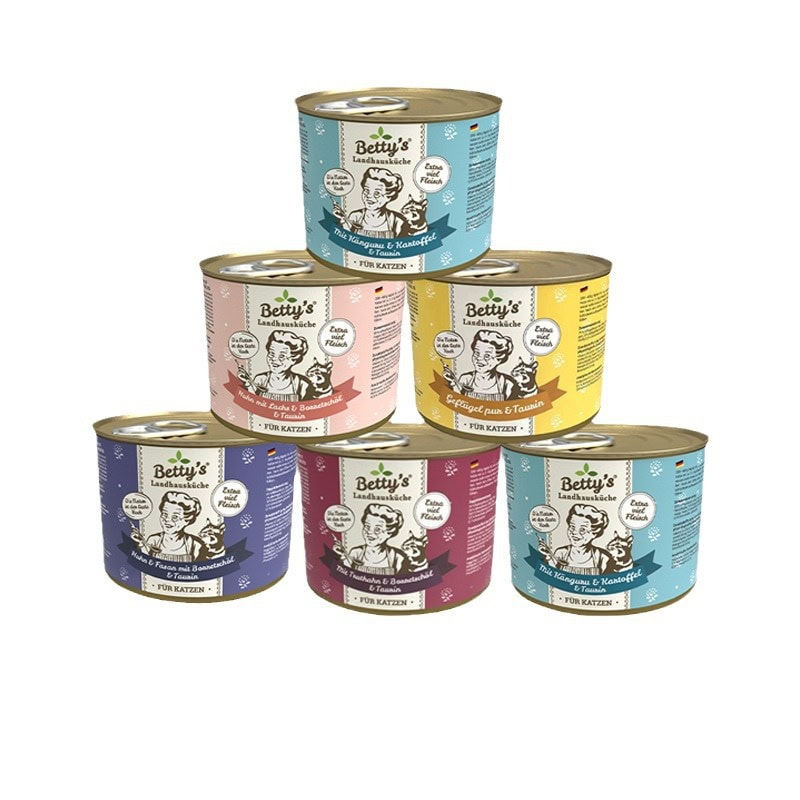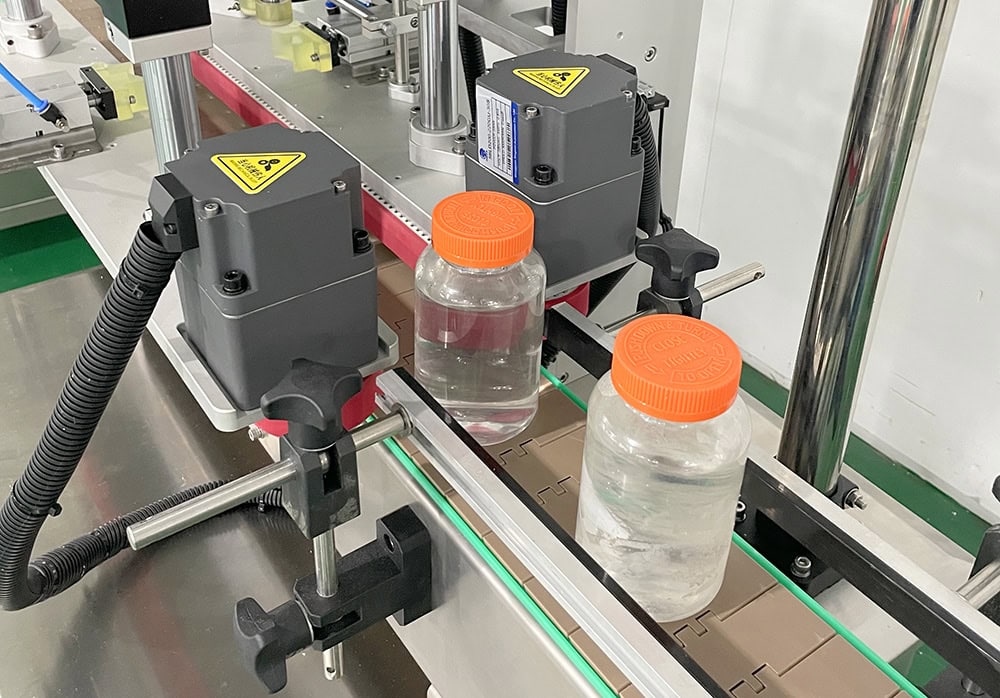A lot of people ask me why soup cans still use paper labels when there are so many other options. If you don’t understand this, you will think it costs more and that it’s not green. The answer is tradition, cost and flexibility.
Soup cans use paper labels because they are cheaper, you can change them, and they go on fast. The labels are made in rolls, so you can print a lot of them. They can be made to fit any size can, and they work in a factory.
The question is, why do we still use paper labels on soup cans? If you don’t understand this, you’ll think it costs more and that it’s not green. The answer is tradition, cost and flexibility.

Cost Efficiency of Paper Labels
Paper labels remain one of the most economical options for mass labeling in the food industry. Printing large volumes of paper labels is much cheaper than alternatives like printed cans. This cost-saving factor is crucial for products like soup, which are sold at competitive prices where margins are tight. Brands, especially large ones like Campbell’s, can reduce overall packaging expenses by sticking with paper labels.
In addition, paper labels are easy to store and transport, as they can be printed flat and only applied when needed, minimizing storage costs. This flexibility ensures manufacturers aren’t wasting money on pre-printed cans that may go unused due to shifts in demand.
Flexibility and Customization
Paper labels allow for much easier customization compared to pre-printed cans. Brands can quickly adapt designs for promotions, new product lines, or seasonal campaigns. For instance, many companies introduce limited-edition labels during holidays or special events, a task made more efficient with paper labeling systems.
With digital printing technology advancing, companies can now easily print smaller runs of labels, maintaining brand consistency across different product lines without incurring significant costs. This flexibility makes paper labels ideal for food manufacturers needing rapid turnaround for new or modified products.
Ease of Application
Paper labels are easy to apply in high-speed canning processes. Modern labeling machines can handle thousands of cans per hour, efficiently applying the labels with minimal errors. This ease of application ensures that production lines remain fast and cost-effective, reducing downtime caused by more complex labeling systems.
The high-speed labeling machinery also supports various can sizes, allowing manufacturers to produce multiple product variations without changing their equipment or processes.

Branding and Consumer Perception
From a branding perspective, paper labels offer more creative freedom. They allow for high-quality printing that can showcase vibrant colors, detailed images, and other design elements. Brands use this flexibility to create appealing packaging that resonates with consumers.
Many iconic brands, like Campbell’s, have built strong brand identities around their label designs. Paper labels allow them to continue these traditions, reinforcing brand recognition and customer loyalty.
Tradition and Consumer Expectations
Soup cans with paper labels have become a symbol of trust and familiarity. Campbell’s iconic red and white label is a prime example. Over time, customers have come to expect this presentation, and sudden changes to the packaging could disrupt brand identity and consumer trust.
The tradition of using paper labels also ties into the nostalgic aspect of many canned goods, making it a preferable choice for maintaining the brand’s long-standing image.
Sustainability and Recycling
Paper labels are often considered more environmentally friendly compared to fully printed cans. The materials used in paper labels are generally easier to recycle, and many manufacturers now opt for eco-friendly inks and paper to reduce their environmental impact.
Although some argue that printed aluminum cans could eliminate the need for labels altogether, paper labels still provide a more sustainable solution when considering the entire life cycle of the product, from production to disposal.
Corrugated Cans and Label Durability
Soup cans are typically corrugated, providing strength and durability during shipping and storage. The paper labels applied to these cans are designed to adhere well to the corrugated surface, ensuring they stay intact throughout the product’s life.
The durability of paper labels also means they can survive various conditions in the supply chain, from warehouse storage to grocery store shelves. Additionally, modern adhesives used in these labels ensure they do not peel or degrade easily.
Why Aluminum Is Not Used for Canned Soup Labels
Aluminum cans are often used for beverages but rarely for food, including soup, due to potential chemical reactions between acidic ingredients and the metal. This makes the standard tin-coated cans with paper labels a safer and more reliable option for food products.
Aluminum also presents challenges in labeling. It is harder to adhere labels to aluminum, and printed designs can sometimes fade or degrade, leading manufacturers to continue using tin-coated cans with paper labels.
Environmental Concerns About Soup Cans
While there are environmental concerns about canned food in general, paper labels are less harmful compared to alternatives like shrink-wrap plastic labels. Paper can be recycled more easily, and the energy required to produce and apply paper labels is lower than that of fully printed or shrink-wrapped cans.
Efforts are ongoing to make both the cans and labels more eco-friendly, with many manufacturers switching to biodegradable or recycled paper options.
Label Application Process
The process of applying paper labels is straightforward and efficient. Labels are printed in rolls and applied to cans by automated labeling machines, which ensures precision and consistency. The machines can handle various can shapes and sizes, making paper labels a versatile option for manufacturers.
Labeling machines can also include technologies that ensure labels are applied straight and consistently across thousands of cans, minimizing waste and rework in the production process.
Conclusion
Paper labels remain the best choice for soup cans because of their cost-effectiveness, flexibility and compatibility with modern production methods. And if mass labeling is performed, it is also suitable for our labeling machines.









